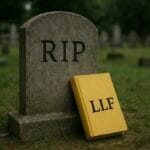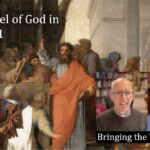Can the PLF process be rescued?
Andrew Goddard writes: The recent announcement from the House of Bishops (discussed here by me and here by Ian Paul) is raising the question as to how it relates to the last Synod motion on PLF passed back in July 2024. At least one Diocesan Synod is being asked to call on the bishops to … Continue Reading



































